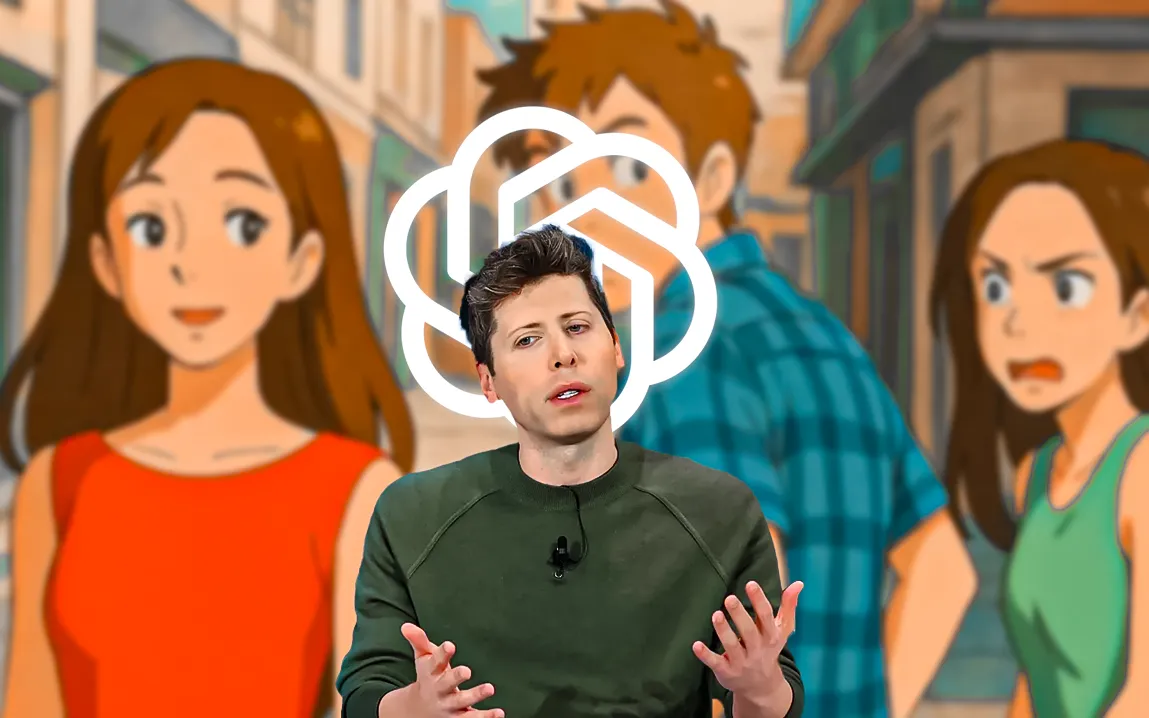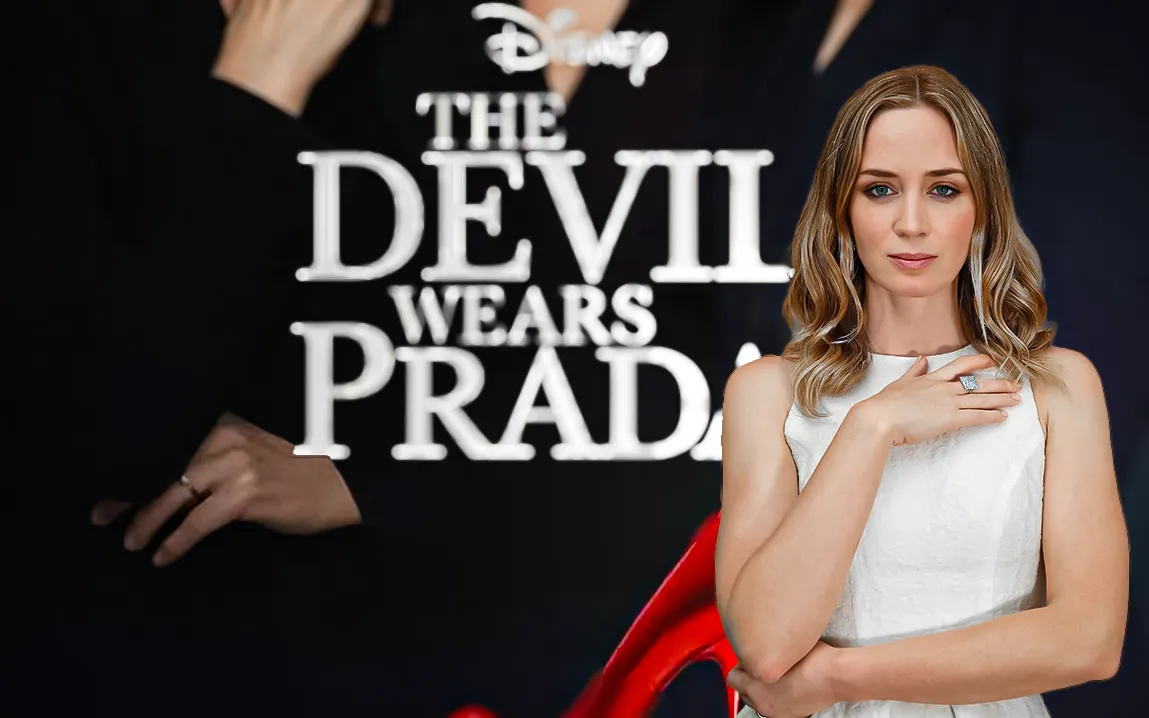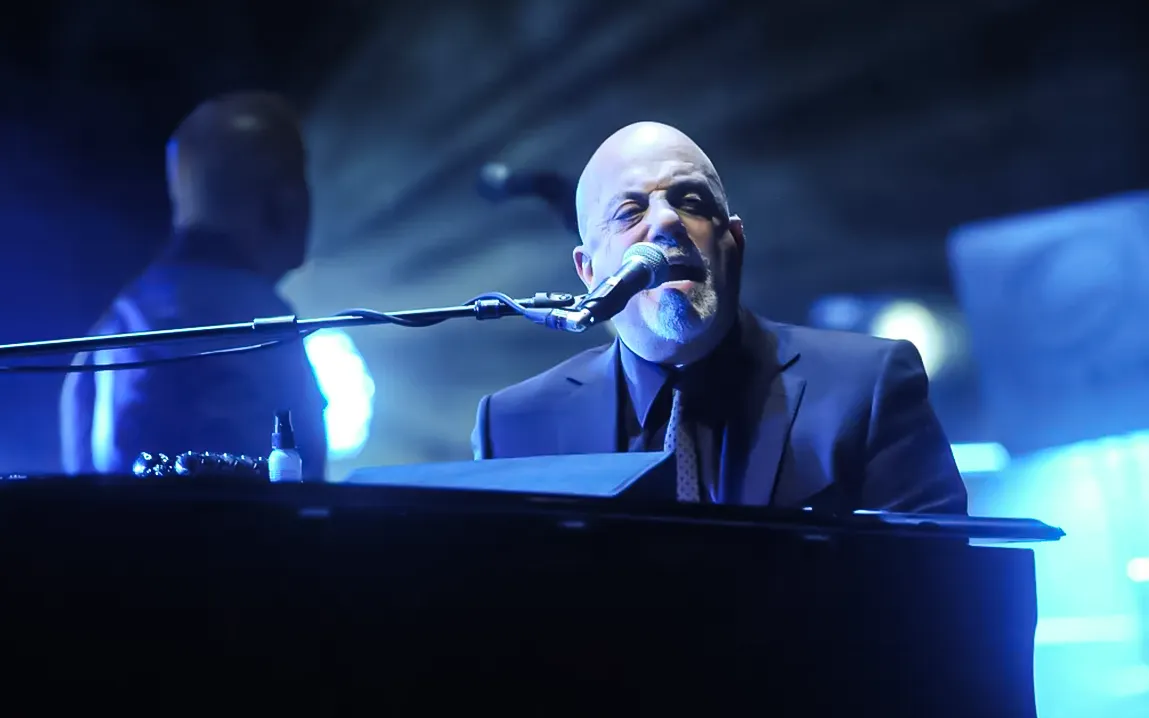OpenAI’s newest image generation tool has taken the internet by storm — not just for its advanced capabilities, but because it’s really, really good at mimicking the iconic look of Studio Ghibli films.
Launched Tuesday, the new model is part of GPT-4o, OpenAI’s latest and “most advanced image generator yet.” The tool is designed to be natively multimodal, producing precise and photorealistic outputs from simple prompts — and users immediately discovered it could turn just about anyone into a character straight out of “Spirited Away” or “My Neighbor Totoro.”
Sam Altman Gets the Ghibli Treatment
As the Ghibli-style portraits spread across social media, even OpenAI CEO Sam Altman got swept up in the trend. On Wednesday, he posted on X:

“> be me / > grind for a decade trying to help make superintelligence to cure cancer or whatever / > mostly no one cares for first 7.5 years, then for 2.5 years everyone hates you for everything / > wake up one day to hundreds of messages: ‘look i made you into a twink ghibli style haha.’”
He even updated his profile picture to a Ghibli-inspired version of himself:
Studio Ghibli’s History Of Criticism Toward AI
Though Studio Ghibli declined to comment on the trend, Hayao Miyazaki, the studio’s co-founder and legendary animator, has made his stance on AI clear in the past. During a 2016 presentation of AI-generated animation, Miyazaki called the work “an insult to life itself” and said he was “utterly disgusted” by the demo.
“I can’t watch this stuff and find it interesting,” Miyazaki said during a 2016 AI-generated animation presentation, “Whoever creates this stuff has no idea what pain is or whatsoever. I am utterly disgusted. I would never wish to incorporate this technology into my art at all. I strongly feel like this is an insult to life itself.”
AI vs. Creatives
The viral moment also comes within growing tension between AI companies and creators. Many in Hollywood and the wider creative industry have accused OpenAI and others of using copyrighted material to train AI systems without consent.
In a recent submission to the Office of Science and Technology Policy, over 400 filmmakers, actors, and musicians criticized OpenAI and Google for allegedly lobbying for exemptions that would let them freely use creative content for training AI models.
And just this week, a federal judge ruled that The New York Times may proceed with its copyright lawsuit against OpenAI and Microsoft, potentially setting the stage for a major legal showdown over how AI is built.
OpenAI responded with a statement saying it looks forward to showing that it uses “publicly available data” and operates “within fair use” to support innovation.
Ghibli Goes Digital
In the meantime, users continue to share Ghibli-style AI portraits of celebrities, influencers, and even themselves, adding a whimsical if controversial twist to the conversation around generative art.
Whether it’s the start of a fun new trend or a deeper copyright debate in disguise, one thing is clear: AI’s creative abilities are evolving fast, and everyone’s watching.



